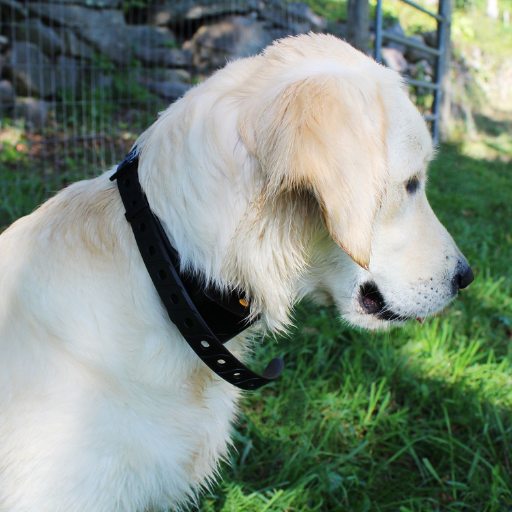Introduction
As loving pet owners, we’re responsible for ensuring the safety and well-being of our furry friends. One vital aspect of this responsibility is being aware of the potential hazards lurking within our homes. Today, we turn our focus towards an often-overlooked hazard: lighter fluid. Understanding the potential risks it poses and how to mitigate them can protect our pets from harm.

Understanding the Basics
Lighter fluid, a common household item, is predominantly used for barbeques and to refill lighters. Despite its usefulness, it contains ingredients, such as hydrocarbons, that are potentially harmful to our pets.
Dogs, in their inquisitive nature, can get exposed to lighter fluid in various ways, including accidental spills, ingesting objects soaked in lighter fluid, or inhaling its fumes. The risk increases given their curious nature and habit of exploring the world with their noses and mouths.
Can Lighter Fluid Kill a Dog
The short and somewhat alarming answer is, yes. Lighter fluid can cause serious harm to your dog and potentially be lethal. The digestive and respiratory systems of dogs are susceptible to the toxic effects of lighter fluid.
Ingestion or inhalation of lighter fluid can lead to symptoms such as vomiting, diarrhea, panting excessively, restlessness, or lethargy. As pet owners, seeing our beloved animals exhibit these symptoms can be a harrowing experience. Remember, time is of the essence when dealing with potential poisoning.
What to Do if Your Dog Ingests Lighter Fluid
If you suspect your dog has ingested lighter fluid or been exposed to its fumes, the first thing to remember is not to panic. Do not try to induce vomiting, as this could lead to further complications. Instead, isolate your dog from the source of exposure and immediately contact a vet.
Your vet will provide the necessary advice and possibly suggest bringing your dog in for treatment. Potential treatments may include fluid therapy, monitoring, and supportive care, depending on the severity of the situation.
Recovery can be a stressful time for both you and your pet. Provide your furry companion with plenty of love, rest, and follow your vet’s advice closely to ensure a smooth recovery.
Prevention Is Better Than Cure
To protect our pets from harm, we should strive to keep lighter fluid and other harmful substances out of their reach. It’s also worthwhile to train our dogs to avoid dangerous substances, although we know this might not always be foolproof given their curious disposition.
Having emergency vet contact information readily available can save valuable time in case of emergencies. Being prepared is always the best defense.
Understanding the Risks of Other Household Products
In addition to lighter fluid, it’s crucial to remember that many other common household items can pose a danger to our pets. Cleaning products, certain plants, medications, and even some foods that we humans enjoy can be harmful or deadly to our four-legged companions. It’s important to know which items to keep out of their reach and to educate ourselves about symptoms of poisoning, just as we’ve done with lighter fluid in this article.
Keeping an Eye on Your Pet’s Behaviour
Knowing your pet’s normal behavior is a vital part of ensuring their safety and well-being. Changes in behavior can often be the first sign of trouble. If your pet seems more tired than usual, has changes in appetite or thirst, or is behaving oddly in any other way, it could be a sign of illness or injury. Don’t dismiss these changes; instead, reach out to your vet to discuss them. It’s always better to be safe than sorry.
Regular Vet Check-Ups: A Must for Pet Health
Regular vet check-ups are crucial to maintaining your pet’s health and catching potential problems before they become serious. Your vet can provide personalized advice based on your pet’s age, breed, and lifestyle. They can also educate you about potential hazards and health concerns specific to your pet.
Pet First Aid Basics
Learning pet first aid can be a lifesaver in an emergency. Courses are available that can teach you how to respond to various emergencies, including choking, injury, or exposure to toxic substances. Having this knowledge can help you stay calm and take appropriate action if your pet is in danger.
The Role of a Balanced Diet in Pet Health
Feeding your pet a balanced diet is another crucial aspect of their overall health and wellbeing. Not only does it keep them physically healthy, but it can also protect them from dietary-related issues. A well-fed pet is less likely to scavenge and ingest potentially harmful substances. Consult with your vet to understand the dietary needs of your pet better.
Conclusion
Our dogs are not just pets; they are a cherished part of our families. Understanding the potential dangers that common household items such as lighter fluid pose to them is crucial for their safety. In our pursuit to keep them healthy and safe, knowledge, vigilance, and preventive measures are our best tools.

Doctor of Veterinary Medicine (D.V.M.) at Nation Taiwan University,Master of Science (M.S.) in Biomedical Engineering at National Taiwan University of Science and Technology




